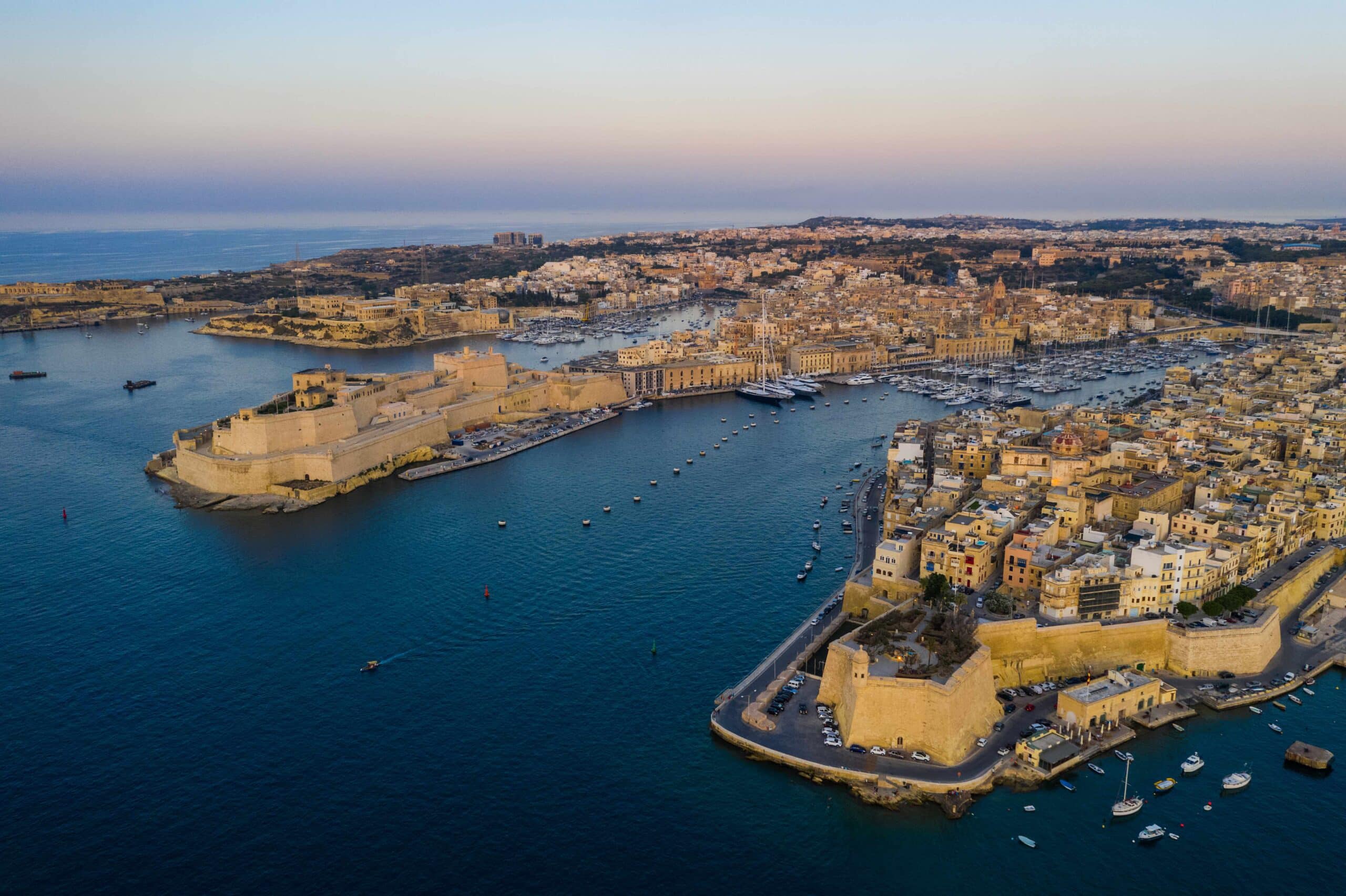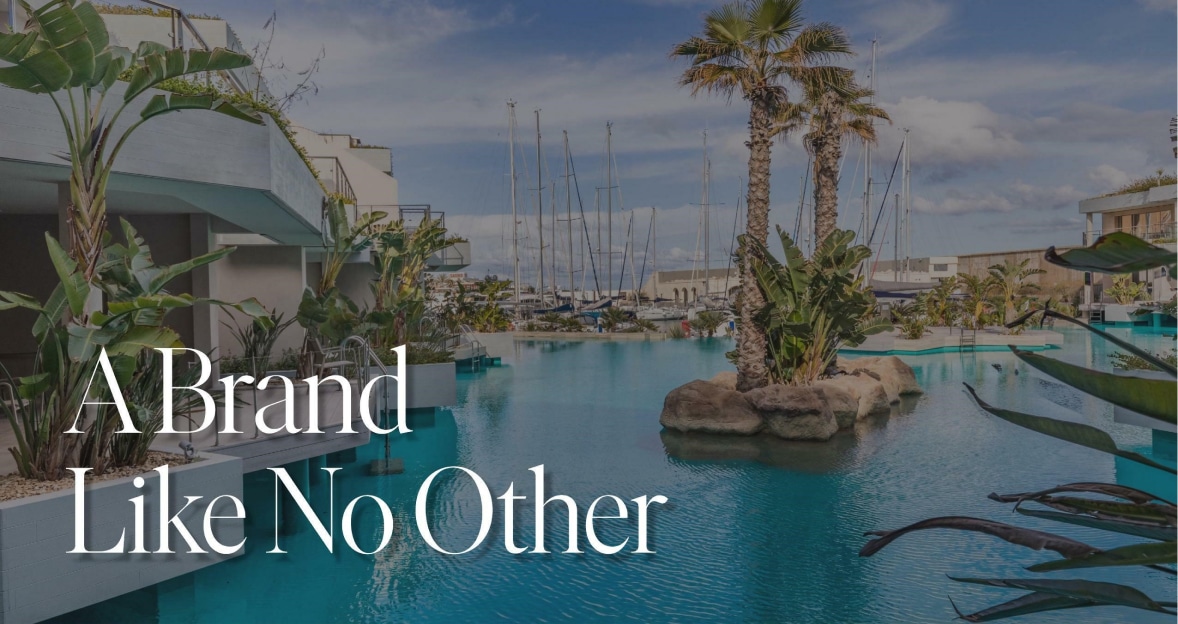From Big Screens to Prime Properties: Why Malta Shines Bright
Malta’s flourishing film industry has spotlighted some of the island’s most desirable locales, presenting them to an international audience and enhancing their appeal as prime real estate. This Mediterranean gem, south of Italy, boasts over 300 days of sunshine, a multilingual population, and a cultural heritage shaped by influences from the Phoenicians (modern-day Lebanon), the Arab Empire (specifically the Aghlabid dynasty from North Africa, including present-day Tunisia), and the British colonial period. Malta was a British colony from 1814 to 1964, and this diverse history is reflected in its architecture, with distinct styles visible every few blocks, from British colonial buildings to structures reminiscent of other influences. Coupled with modern infrastructure, Malta has become an enticing choice for both filmmakers and those seeking an idyllic place to live.
The Maltese government has strategically promoted the island as a filming destination. Malta’s near-unmatched natural light, owing to its sunny climate, reduces the need for artificial lighting and post-production colour correction. Its diverse outdoor settings—ranging from pristine beaches to historic fortifications and opulent palazzos—provide filmmakers with a wide array of environments, often doubling for ancient cities like Rome, Jerusalem, and Athens. At the time of writing, Gladiator II has just hit the cinematic screens to very positive reviews, with a significant portion of the movie, including the action at the Colosseum, shot entirely in Malta. Major productions such as Gladiator, Troy, Jurassic World, and 13 Hours have all capitalised-on Malta’s cinematic versatility.
High-profile areas like Valletta and the Three Cities—Vittoriosa (Birgu), Senglea (L-Isla), and Cospicua (Bormla) —have become particularly attractive for both film directors and prospective homeowners. Kalkara, home to Fort Ricasoli, famously doubled as ancient Rome in Gladiator. Its proximity to the Malta Film Commission and nearby facilities further enhances its allure, especially for investors recognising the growing film sector’s potential. Buyers here are drawn to the picturesque views and historic charm, leading to increased interest from those captivated by Malta’s legacy and landscapes.
Malta’s film industry has cultivated a robust local talent pool, including experts in costuming, lighting, and technical operations. The sector also benefits from a generous government rebate scheme, offering up to 40% of locally spent film budgets, attracting high-profile production teams from around the world. This ecosystem not only supports creative industries but also bolsters the island’s economy, further adding to its appeal.
Beyond its cinematic allure, Malta’s Citizenship by Investment Programme—the only one still available in Europe—adds another layer of attraction for foreign investors. Unlike other schemes, this option provides one of the world’s strongest passports, allowing travel to 189 countries, a feature that continues to expand annually. This makes it a highly attractive asset for global mobility. Additionally, high-end residential developments cater to expatriates with premium amenities, offering compelling returns for property investors.
As Malta’s film industry continues to grow, the spotlight on its distinctive locales becomes even brighter. With each new production, the island invites a broader audience to not only visit but to consider Malta as a place to call home.
Two Key Trends in Malta’s Property Market
Malta’s property market reflects a combination of global economic trends and the island’s unique attributes. Two key trends stand out:
Firstly, property investment for rental income and resale continues to rise steadily. Malta’s property values have consistently grown, briefly interrupted by the COVID-19 pandemic but rebounding with renewed vigour. The island’s stability, coupled with its sunny climate and attractive lifestyle, solidifies its reputation as a secure, long-term investment, particularly for those seeking consistent returns.
Secondly, property purchases driven by relocation incentives have increased, especially among high-net-worth individuals (HNWIs) who can work remotely. Favourable tax regimes and expat-friendly infrastructure make Malta an appealing option for those seeking a high standard of living with advantageous tax conditions. Recent global uncertainties have amplified this trend, attracting individuals seeking stability, quality of life, and a welcoming international community.
Together, these trends underscore Malta’s position as both an investment destination and a relocation choice, marking its property market as increasingly diverse and resilient.
Does Property Investment in Malta Lead to Residency or Citizenship?
Investing in Maltese property can be an important part of the journey towards residency or citizenship, though there are other considerations. Unlike programmes in Portugal and Spain, which previously offered property-linked pathways to residency but require renewal, Malta’s residency and citizenship options—such as the MPRP (Malta Permanent Residence Programme) and Citizenship by Naturalisation—are permanent. Residency is for life, and citizenship is extended to future generations, making Malta’s offering uniquely advantageous.
The Malta Permanent Residence Programme (MPRP) and the Global Residence Programme (GRP) offer pathways for non-EU nationals to gain residency in Malta. While real estate is a requirement, both programmes offer flexibility, allowing applicants to either rent or buy property, unlike other programmes that strictly impose property purchases without guaranteed outcomes.;
Malta’s approach is fairer, as applicants pay the required contributions and fulfil other conditions before making decisions on property, ensuring transparency and flexibility. These programmes enable beneficiaries to enjoy Malta’s favourable tax regime, high quality of life, and visa-free access within the Schengen Area, all while maintaining residency flexibility.
For those interested in citizenship, Malta’s Citizenship by Naturalisation for Exceptional Services by Direct Investment includes property investment as part of the qualifying criteria. However, property investment alone does not guarantee citizenship, as applicants must meet other criteria, including due diligence checks and government contributions.;
And unlike misleading claims about similar programmes, only Bulgaria and Cyprus had dedicated citizenship-by-investment schemes; other jurisdictions offered residency programmes with no guarantee of conversion to citizenship. Successful applicants receive Maltese citizenship, and Malta being part of the EU provides the added benefit of living, working, and traveling throughout Europe.
Malta’s Mediterranean lifestyle, with its year-round sunny climate, excellent healthcare, quality education, and rich cultural heritage, is an added incentive. An English-speaking population and vibrant international community further ease the transition for newcomers, while luxury developments featuring amenities like marinas, fine dining, and wellness centres are conveniently located near financial hubs.
Special Designated Areas (SDAs) allow foreign buyers to invest without needing special permits, with developments in locations like Portomaso, Tigné Point, and the Three Cities waterfront. In summary, property investment in Malta—especially in SDA developments—offers a unique blend of lifestyle, tax benefits, and the possibility of EU residency or citizenship.
Why Wealthy Investors Are Choosing Malta Over Monaco or Dubai
For high-net-worth individuals, Malta presents a distinct set of advantages that differentiate it from other investment hubs like Monaco and Dubai:
EU and Schengen Benefits: As an EU member state, Malta offers residency options with freedom of movement across the Schengen Area—a benefit not available with residency in Dubai or Monaco. This European access is highly advantageous for both business and leisure travel.
Competitive Tax Environment: Malta’s tax regime is highly favourable, particularly for residents under specific schemes, providing a balance of tax efficiency and access to EU markets. While Monaco also offers tax incentives, it lacks EU association, making Malta more appealing for non-EU investors seeking European market access.
Quality of Life: Malta’s Mediterranean lifestyle blends historic charm with modern infrastructure, offering a more relaxed pace compared to the exclusivity of Monaco or the intensity of Dubai. Families find Malta particularly attractive, with high-quality healthcare, excellent educational options, and a vibrant expat community, along with access to nature and recreational activities.
Stable Property Market: Malta’s real estate is both diverse and resilient, offering options from luxurious seafront apartments to historic estates. Despite global economic fluctuations, Malta’s property market has shown robust growth, attracting those seeking investment security and potential rental income.
Flexible Residency Programmes: Malta’s residency schemes allow investors to maintain primary residences elsewhere—an attractive flexibility that Monaco’s residency rules may lack. This provision resonates with HNWIs who value the option of multiple bases without stringent physical presence requirements.
Overall, Malta combines European access, a favourable tax regime, an enviable lifestyle, and a robust property market, making it a compelling choice for wealthy investors seeking strategic residency options.




